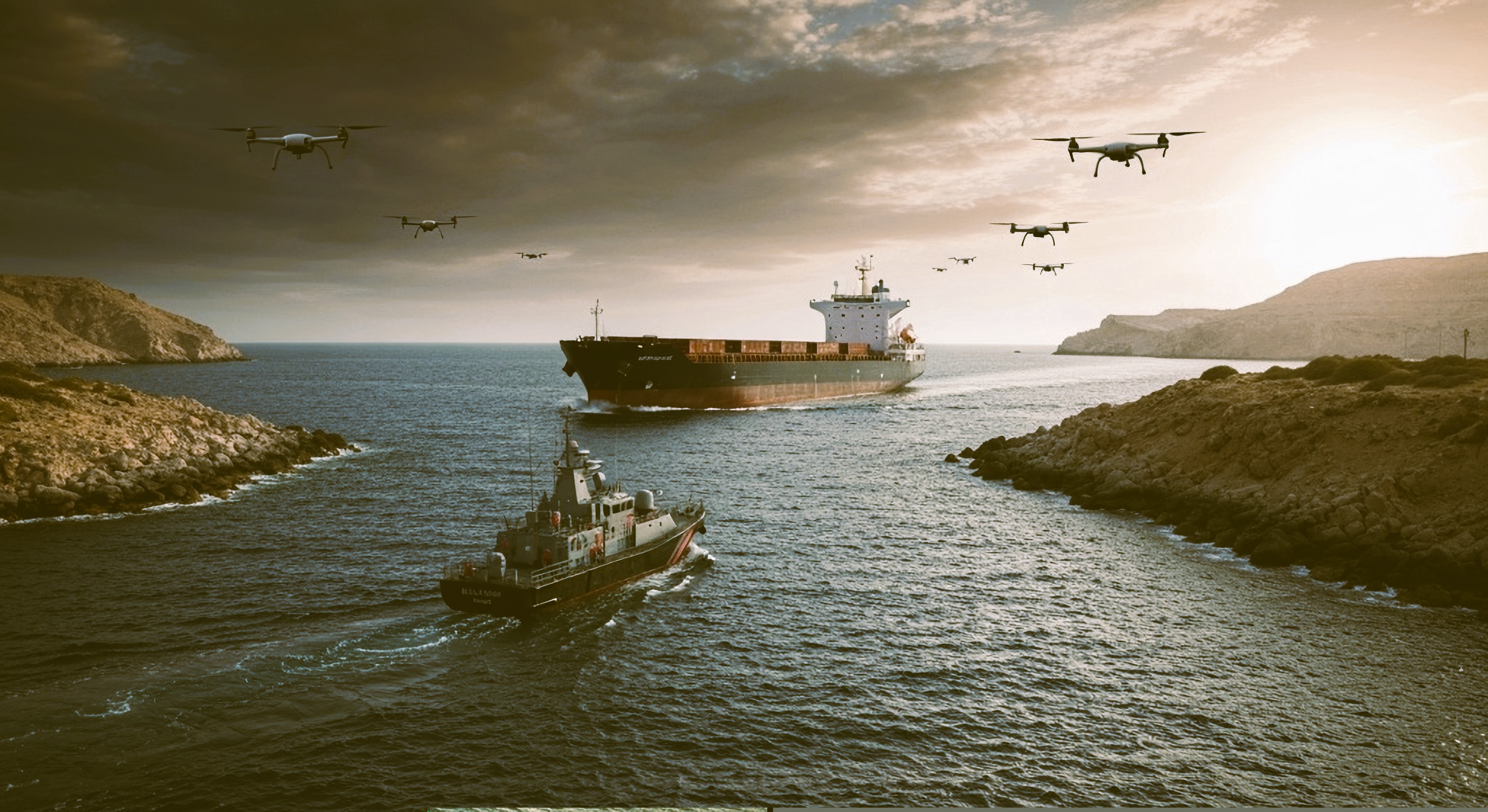READ TIME:
2 min
Red Sea Crisis: A Glimmer of Hope?
The Red Sea, a vital maritime trade route connecting Europe, Asia, and Africa, has been under siege in recent months. Since November 2023,Yemen's Houthi group has launched over 100 attacks on merchant vessels, sinking ships and disrupting global shipping operations. These attacks have forced companies to reroute vessels around the Cape of Good Hope, significantly increasing transit times and costs.
Impact on Logistics
- Rising Shipping Costs:
With rerouted journeys adding up to 4,000 miles, operational expenses have surged due to higher fuel consumption and elevated war-risk insurance premiums. These costs are passed down the supply chain, affecting businesses globally, including Romania. - Delays in Supply Chains:
Extended transit times have caused delays in deliveries, creating challenges for businesses dependent on timely imports and exports. Romanian companies relying on goods from Asia or Africa face additional hurdles in maintaining smooth operations. - Increased Security Risks:
Vessels operating in the Red Sea region are now more vulnerable, leading to higher insurance costs and increased scrutiny on shipping routes.
A Glimmer of Hope: Ceasefire Agreement and Beyond
Recent diplomatic efforts have offered some hope for are solution. The ceasefire agreement between Israel and Hamas, combined with international negotiations to stabilize Yemen, and followed by the Houthi movement releasing the crew of the cargo ship Galaxy Leader, which was hijacked over 400 days ago, signals a commitment to easing tensions in the region. Enhanced naval patrols by global powers have also been deployed to secure the Bab-el-Mandeb Strait and Red Sea waters, ensuring safer passage for merchant vessels.
However, challenges persist. Experts emphasize that the Houthi group, despite the ceasefire, retains the capability to threaten vessels in the region. Additionally, geopolitical complexities, including rivalries among regional powers like Saudi Arabia and Iran, continue to fuel instability.
While the ceasefire is a positive step, it is unlikely to bring immediate or complete stability. Shipping giants such as Maersk and Hapag-Lloyd have indicated no immediate plans to resume operations through the Red Sea, instead opting to monitor developments closely. For now, global trade relies on alternative routes, even as hopes for peace remain.
Conclusion
The Red Sea crisis underscores the fragility of global trade routes and the wide-reaching impact of regional instability. The ceasefire agreement offers a glimmer of hope for easing tensions, but the road to long-term resolution remains uncertain. Businesses in Romania and across the world must remain vigilant and adaptive, prepared to navigate the shifting dynamics of international logistics.
At Moorhouse Logistics, we are always here to support you with tailored solutions and expert guidance. Whether it’s mitigating risks, optimizing your supply chain, or navigating complex logistics challenges, you can rely on us to keep your business moving forward.
AUTHOR:
Newsletter Team
.png)

.svg)


